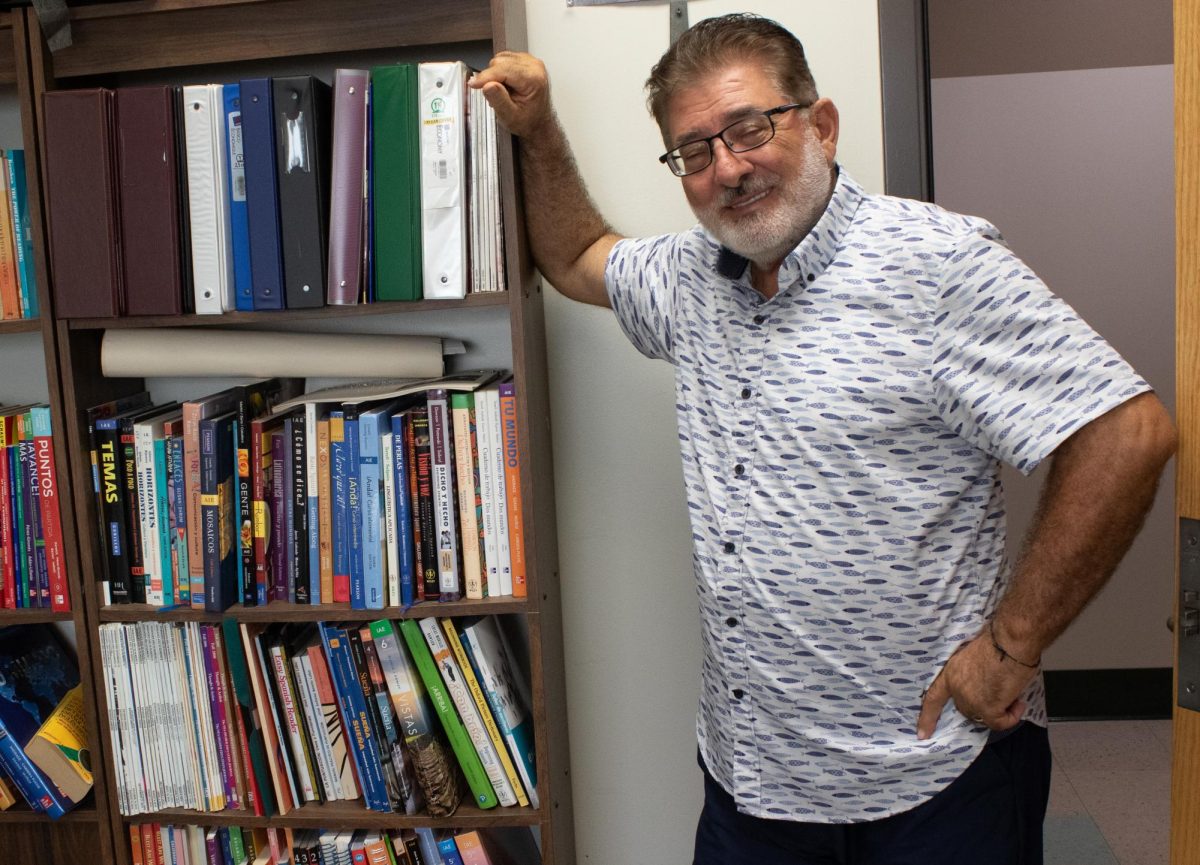Cheaters beware: Revised plagiarism policy unveiled
February 4, 2004
Writing a term paper for most college students may involve hours of staring blankly into a computer screen days before its due, strung out on innumerable cups of coffee, and attempting to read an entire semester’s worth of material in one night. But for some students, term papers are as easy as pointing and clicking. —
-A plethora of websites exist that allow students to buy papers online, on virtually any topic. Other students may use more discreet forms of plagiarism, such as cutting and pasting full paragraphs or sentences, and then altering a few words of the text. —
-This month, the Faculty Senate at Sacramento State revised the policy regarding plagiarism and academic dishonesty. —
-The new policy outlines steps that instructors must take if a student is suspected of plagiarism, which includes reporting the incident to the judicial affairs officer. Previously, it was not required to report the incident. The policy also changed the definitions of cheating and plagiarism, and clearly states the various sanctions that can be taken against a student. —
-“The new policy is intended for clarification, but it is not different philosophically than before,” said Vice President of Student Affairs Shirley Uplinger. “This helps the punishment to fit the crime and encourages discussions about plagiarism among faculty.” —
–
Plagiarism doubled—
-The reported instances of cheating and plagiarism at Sac State more than doubled in the past two academic years according to a summary of discipline cases from the Office of the Vice President for Student Affairs. There were 22 reported cases in the 2001-2002 academic year and 58 cases in the 2002-2003 year. —
-Of those 58 cases, students that were caught plagiarizing were given penalties ranging from no formal discipline, a written warning or probation. Three students were suspended for cheating. While expulsion is stated as a punishment option in the policy, no students have actually been expelled for plagiarism or cheating. —
–Updating old policy—
-Judicial Affairs Officer John Morris said that the new policy was not driven by increasing incidents of plagiarism, but rather a need to update the old policy, which was over a decade old. —
-“It was a concern that a student could commit the same offense, but receive different punishments from different faculty,” Morris said. —
-According to a recent survey released by the Center for Academic Integrity, almost 80 percent of college students admit to cheating at least once.–
-Some of the faculty has taken further precautions against plagiarism, requiring students to first submit papers to a website that checks the paper for any evidence of plagiarism. —
-Dr. Barbara O’Connor, professor of Communications Studies at Sac State, has recently begun requiring students to first submit papers to Turnitin.com before they are graded.–
-“I had two successive classes with three people who bought papers off the Internet, and other students who used papers written by students who had previously been in the class,” O’Connor said. —
– Turnitin.com screens papers against an Internet database that is updated by approximately 40 million pages daily, millions of published books and journals, and all student papers that have been previously submitted. —
-According to the Turnitin.com website, 30 percent of the papers they receive show some evidence of plagiarism, mostly in the form of material that has been cut and pasted from several different sources. —
-O’Connor said that the new policies are a good step, but the university would benefit from obtaining a campus license to Turnitin.com, which would allow for the entire faculty to screen papers and help curb incidents of plagiarism. Currently, O’Connor pays $200 a semester for the site’s services. —
-There is no doubt that the Internet has changed the way that students research and write papers, but this should not be a factor when it comes to cheating, Uplinger said. —
-“Twenty or 30 years ago, students could buy a paper from someone selling it on the street and just because it is easier now doesn’t change the standards of values and ethics,” Uplinger said. “They are still both equally wrong.” —
–























































































































